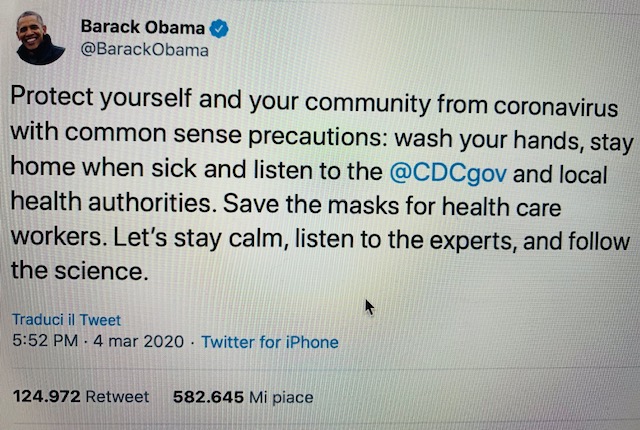The thoughts of athletes can be useful to us to continue to reflect on our experience in these days. Thinking is useful to keep a reality oriented mentality not destructive or fatalistic and not even optimistic in a superficial way. These interviews concern athletes who run in the mountains and demonstrate the importance of feeling united, oriented towards the future by following the rules of the present. You can read the entire text on the World Mountain Running Association
“With the current COVID-19 crisis having such an effect on races and runners worldwide we wanted to reach out to athletes in different countries to see how they were affected and how they were coping with the situation. Many athletes in the worst affected countries, such as Italy and Spain, are very limited in being able to run, whereas for others the key restrictions are a lack of group training and obviously a lack of races. But wherever the athletes we spoke to were, what united all of them was a feeling that this crisis puts running into perspective and that we will get through it by pulling together and looking out for each other.
Francesco Puppi also feels that it’s a time to reflect, “Do we really miss the routine we constantly complain of and that the virus forces us to rethink? How badly do we miss friends, relatives, people, in a society where our network of relationships plays out in a virtual square, where our connections gives us the illusion of a human contact, a hug? Silence will help me answer these questions I keep asking myself.”
And what if you’ve targeted a particular race and it’s been cancelled? Social media is full of angry runners who’ve had their A races taken away, but the athletes we spoke to have a much more positive take on the situation. “Training every day has been a part of my lifestyle for 20 years now (wow, I’m getting old!), so regardless of racing I would be putting in the time to train and workout. What keeps me positive is knowing that all of my hard work is not for naught. When the time does come to race, you can do so confidently because you have been given the opportunity to focus on training so that you can be as prepared as possible. Think of this time as just putting money in the bank; you may not be using it now, but it sure is going to come in handy later on when you make the deposit either in the fall or next year.” says Maria Dalzot.
Likewise Francesco Puppi’s spring season (including the Rotterdam Marathon ) has been turned upside down but he is philosophical about it: “it doesn’t mean that all the work I did has been wasted. I am still proud of what I managed, of the big effort I put into those 110-mile weeks, the sore legs, the long workouts. Of the improvements and setbacks I experienced in this journey. It’s just a matter of re-thinking our goals. Keep on running because this something we love and makes us feel good, even in the worst situation. This should be the main reason behind it.”
Max King sees race cancellations as an opportunity to do other things, “I’m looking at the positive at some races being cancelled so that I can tackle other projects such as FKTs, or getting a good solid base of training in for the summer race season if we’re able to have it. There’s so many ways to stay positive and look on the bright side when something like a race gets cancelled. Sure, it’s a bummer but there will be other opportunities soon enough.”
But as a race director (of the recently cancelled Bend Marathon) he also asks runners for their understanding in these difficult times: “people just don’t understand how hard that is for a race director. We’re not given a choice about cancelling and it’s not always possible to give everyone’s money back and still be able to have a race next year. We’re small businesses most of the time and we’ve worked all year to bring racers a unique experience. It’s not like all the work and expenses are on one weekend. I think people need to understand that.”
The overwhelmingly uplifting response we got from the runners we contacted speaks volumes about our community. Nancy Hobbs points out that we need to look out for each other at this difficult time. “One of the most important things is to check in with your running friends, it’s crucial to support one another”. Andrew Douglas warns that “it can be easy to become overly anxious looking at your social media feeds with the sheer volume of posts about coronavirus; so I try to make a conscious effort to limit my access”. Looking after ourselves and each other will help us through this.”






